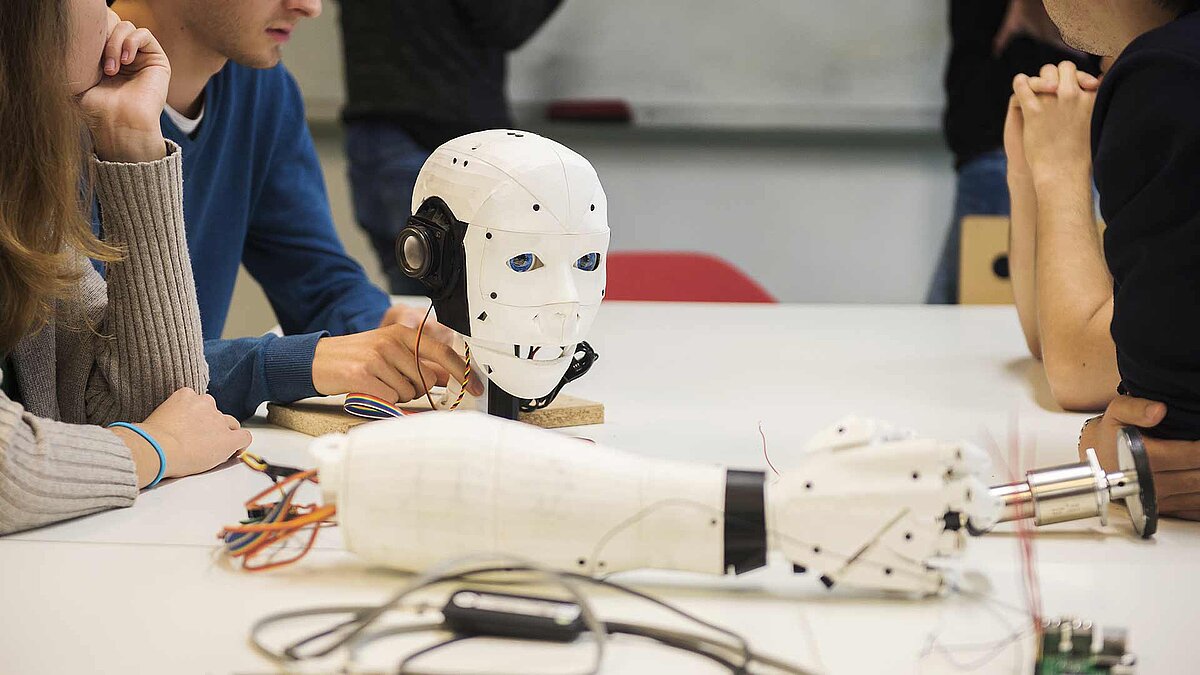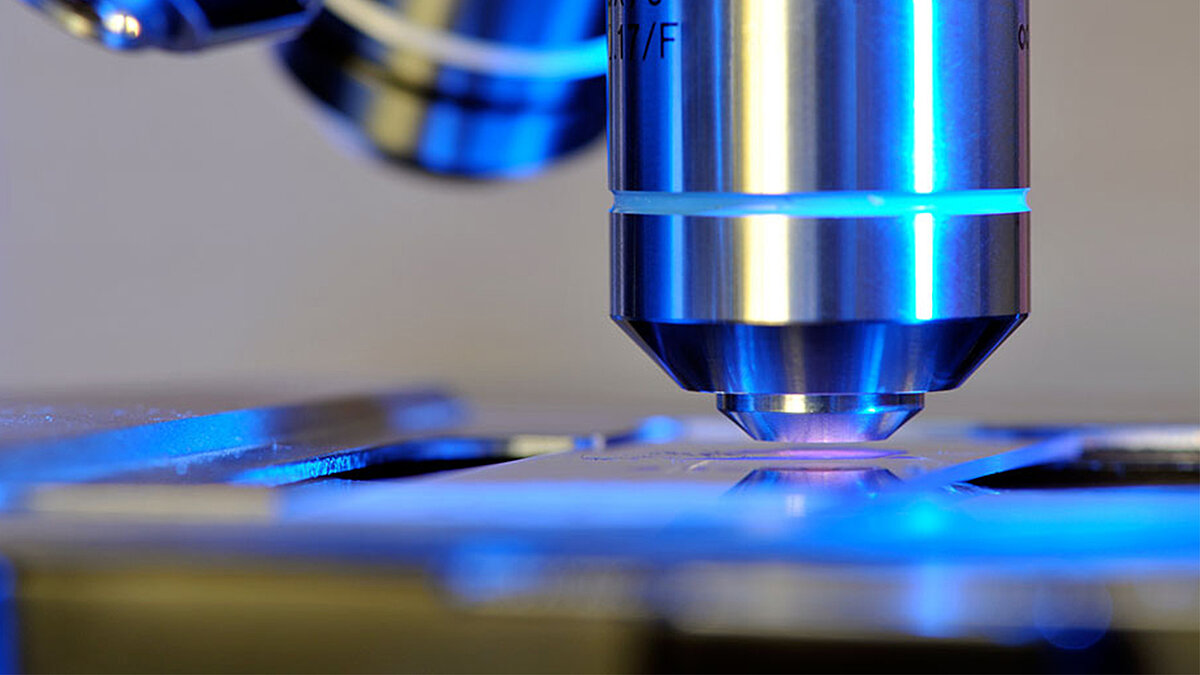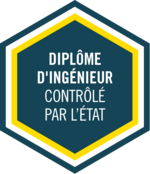
Datascience and artificial intelligence engineer programme
ESIEE Paris offers a specialization in data science and artificial intelligence within its engineering programme during the last two years of the course, accredited by the engineering titles commission (CTI).
Degree
Engineering
Modality
Full-time
Duration
2 years
Degree level
Bac +5 master's degree
Why should I become a datascience and artificial intelligence engineer?
In a period of rapid progress in data science, big data and artificial intelligence, the course trains engineers in the field of data processing. The main missions of this engineer are to transform data into a format suitable for analysis (Data Engineer), and to participate in the development of algorithms that translate the data into useful and exploitable information (Data Scientist). In short, their role is to collect, prepare, analyze and exploit data in order to guide the company in which they work towards a new business strategy.
What will the programme bring me?
Objectives
- To build the toolbox for data engineering
- To learn the main machine learning techniques
- To prepare for the job of data engineer
- To discover the job of data scientist
Skills
- Collecting, analyzing and cleansing large volumes of data
- Building predictive models from the data and evaluating their performance
- Presenting results through data visualization
- Deploying applications of data science
Professional opportunities
Examples of applications
- Distribution, marketing
- Health / medical
- Security
- Finance
- Energy, smart cities
- Automation, connected objects, etc.
Professions / Positions
- Data-analyst
- Data-scientist
- Conseil, Analyste
- Ingénieur-conseil
- Ingénieur-analyste
- Data-engineer
Sectors of activity
- IT services
- Web
- SSII
- Telecom and networks companies
- Service sector (banks, insurances, marketing…)
Companies that have recruited graduates from the sector:
MC2IBNP ParibasSafranAkka TechnologiesSaurLCLCredit AgricoleAgence France PresseL'oréalSIACI Saint HonoreEDF R&DOrangeInetumAG2RImpalaLGM IngenierieSociété Générale …
96 %
of the young graduates found their first job within 4 month after of graduating (promo 2023)
90 %
of our students even found a contract before the end of their training
43 400 €
is the average annual gross salary (France and International)
How is the programme structured?
At the end of the first year of the engineering cycle, students choose their field of study. The course of study is spread over two years with compulsory and optional scientific and technical courses, management courses and modern languages.
Programme
2nd year of the engineering cycle
The courses take place over two semesters, each one subdivided into two periods. The first semester consists of two teaching periods. The second semester is made up of one teaching period and an internship period of at least 12 weeks. From January to April, students must work in teams on multidisciplinary projects proposed by industrial partners, laboratories or ESIEE Paris teachers. All students may take optional modern language 2 courses.
- UE - Advanced science and technology (330 h - 27 ECTS)
- UE - Open science and technology (110 h - 10 ECTS)
- UE - Management and human sciences (120 h - 7 ECTS)
- UE - Modern languages (92 h - 6 ECTS)
- Internship (12 ECTS)
3rd year of the engineering cycle
The courses take place over in two semesters. The first semester consists of two teaching periods. In the second semester, the student must complete an end-of-studies internship of at least 24 weeks (6 months) in a company or research laboratory.
- UE - Advanced science and technology (180 h - 18 ECTS)
- UE - Open science and technology (60 h - 5 ECTS)
- UE - Management and human sciences (90 h - 5 ECTS)
- UE - Modern languages (42 h - 4 ECTS)
- Internship (30 ECTS)













